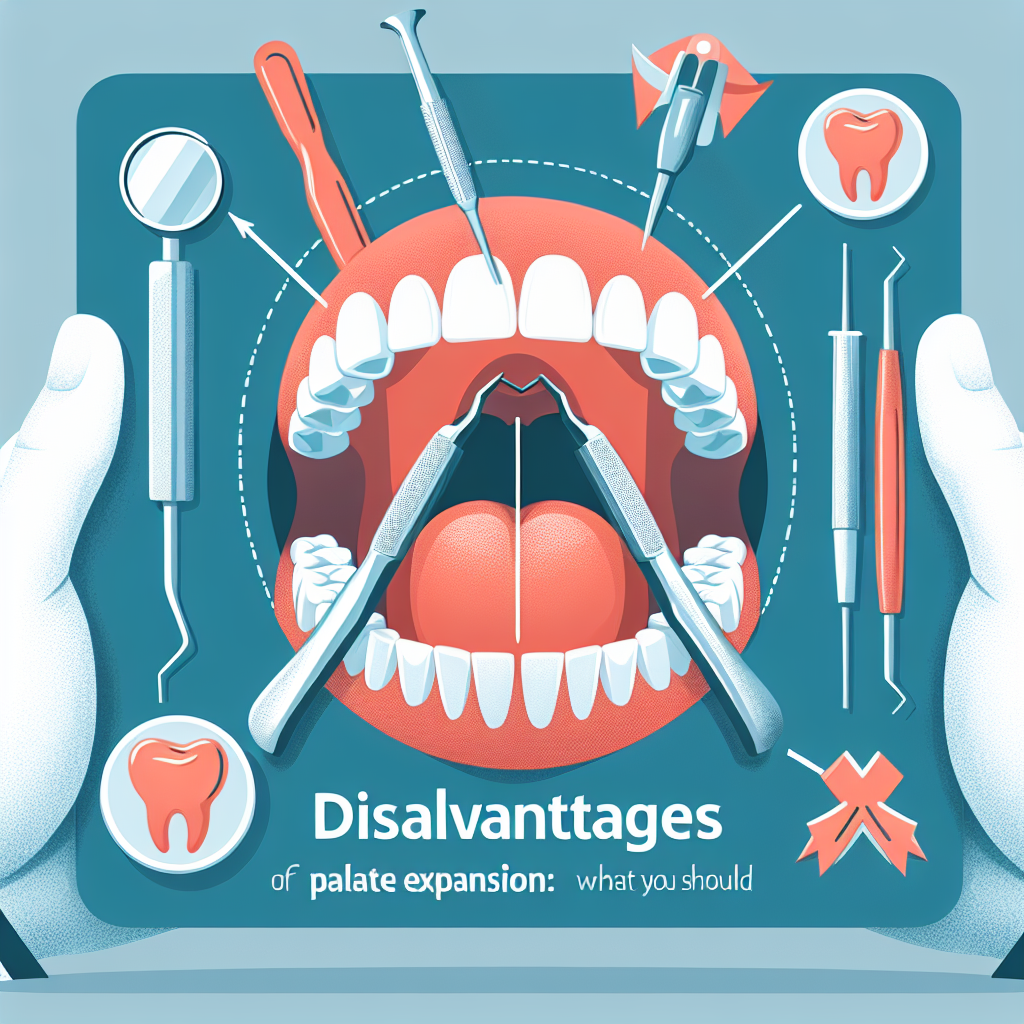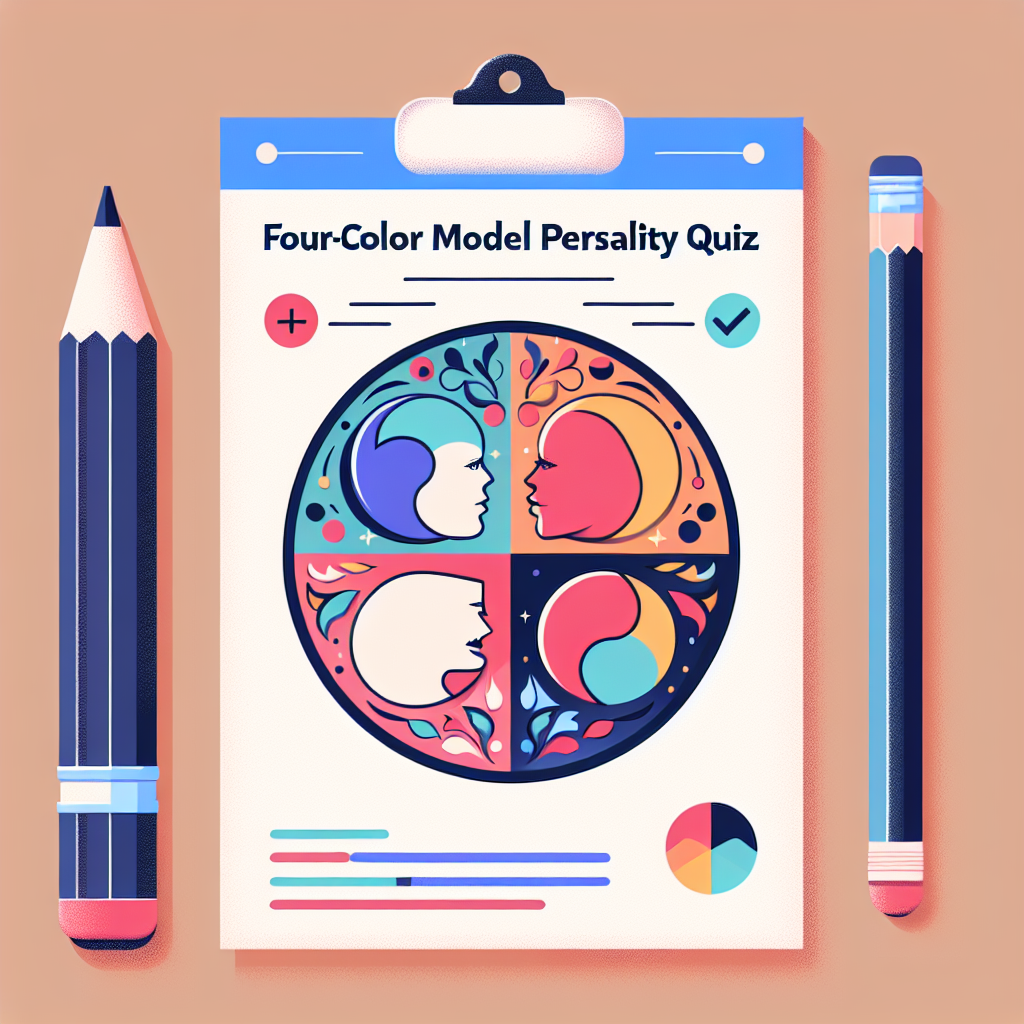Understanding Why You Might Experience Niedriger Blutdruck
Exploring the reasons behind low blood pressure (niedriger blutdruck) and its implications on health.

What is Niedriger Blutdruck?
Niedriger Blutdruck, or low blood pressure, is often defined as blood pressure readings lower than 90/60 mmHg. While it can be a normal variation for some individuals, it can also signal underlying health issues. But why does this occur? Let’s delve into the causes and implications.
1. Dehydration
One of the most common reasons for low blood pressure is dehydration. When the body loses more water than it takes in, it can lead to reduced blood volume, causing blood pressure to drop. Factors contributing to dehydration include:
- Hot weather or excessive sweating
- Vomiting or diarrhea
- Insufficient fluid intake
To combat dehydration, it’s vital to maintain adequate hydration by drinking plenty of fluids, especially during hot weather or illness.
2. Nutritional Deficiencies
Poor nutrition can also lead to low blood pressure. Specifically, deficiencies in vitamins B12 and folate can interfere with red blood cell production, potentially resulting in lower blood pressure. Individuals following restrictive diets or those with malabsorption issues may be at higher risk.
Combatting nutritional deficiencies involves:
- Incorporating a balanced diet rich in fruits, vegetables, and whole grains.
- Considering supplements, particularly if you have dietary restrictions.
3. Hormonal Changes
Hormones play a significant role in regulating blood pressure. Conditions like Addison's disease, where the adrenal glands don’t produce enough hormones, can lead to low blood pressure. Other hormonal imbalances can be due to:
- Thyroid problems
- Diabetes affecting adrenal function
If hormonal issues are suspected, it’s crucial to consult with a healthcare provider for diagnosis and treatment options.
4. Heart Problems
Various cardiovascular conditions can contribute to low blood pressure, including:
- Heart failure
- Slow heart rate (bradycardia)
- Heart attack
When the heart is unable to pump blood efficiently, blood pressure can decrease. Regular check-ups and heart health assessments are essential, especially for those with a family history of heart disease.
5. Medications
Certain medications can cause low blood pressure as a side effect. Common culprits include:
- Diuretics
- Beta-blockers
- Antidepressants
If you suspect your medication is affecting your blood pressure, it’s important to have a discussion with your healthcare provider. They may adjust your dosage or switch you to a different medication.
6. Prolonged Bed Rest and Aging
Prolonged bed rest can cause low blood pressure due to reduced physical activity, leading to weakened muscles and diminished cardiovascular function. Aging likewise contributes to lower blood pressure as blood vessels lose elasticity over time.
To counteract issues related to inactivity:
- Engage in regular physical activities.
- Take gradual steps when transitioning from lying down to standing.
7. Postural Changes
Orthostatic hypotension is a condition where blood pressure drops significantly when standing up from a sitting or lying position. This can occur due to the body’s inability to adjust blood flow and blood pressure quickly enough. Symptoms might include dizziness and fainting.
Mitigating this condition often involves:
- Moving slowly when changing positions.
- Staying hydrated to help mitigate symptoms.
Conclusion
Niedriger blutdruck or low blood pressure can arise from a variety of factors, ranging from lifestyle choices to underlying medical conditions. Understanding why you may be experiencing low blood pressure is essential in addressing it effectively. If low blood pressure is persistent or accompanied by concerning symptoms, consult a healthcare professional for an accurate diagnosis and appropriate treatment.
For further reading on blood pressure management, consider visiting resources such as American Heart Association or Mayo Clinic.
Neue Beiträge
Sportbefreiung in der Schule: Alles, was Schüler und Eltern wissen müssen
Rechtliche Grundlagen
Milchzahn ziehen: Wann ist es notwendig und wie wird es durchgeführt?
Häufige Fragen
Wie lange sollte man nach Botox-Behandlungen mit dem Sport warten?
Hautpflege
US-Sport: Ein Einblick in die Welt des amerikanischen Sports
NFL - American Football
Entschuldigung vom Sportunterricht: Rechtliche Grundlagen und Tipps für Eltern
Rechtliche Aspekte

Nachteile der Gaumennahterweiterung: Was Sie wissen sollten
Langzeitfolgen
Sport bei Herpes: So bleiben Sie aktiv trotz Ausbruch
Gesundheit
Sport trotz Eisenmangel: Kann man mit niedriger Eisenreserve noch trainieren?
Gesundheit

DAK-Gesundheit: Bankverbindung für Beitragszahlungen und Rückerstattungen
Rückerstattungen
Schritt-für-Schritt-Anleitung zur Änderung Ihrer DAK-Adresse
Tipps und Tricks
Beliebte Beiträge
Blue Sport: Dein ultimativer Guide für Sportstreams und mehr
Live-Übertragungen
Halsschmerzen nach dem Sport: Ursachen, Behandlung und Prävention
Sport und Gesundheit

Lena Kesting: Größe und Gewicht im Detail
Influencer
Prostataverkleinerung durch Sport: Übungen und Tipps für ein gesünderes Wohlbefinden
Fitness
Was ist Koolada? Alles, was du wissen musst!
E-Liquids
Schütze deinen Hodensack: Der ultimative Guide zum Hodenschutz im Sport
Sicherheit im Sport
Durchbruch bleibender Backenzähne: Symptome und Behandlung
Prävention
Der Volkswagen Tiguan Urban Sport: Ein urbaner Abenteurer mit athletischer Note
Technologie
Kadenz im Sport: Bedeutung und Auswirkungen auf Leistung und Erholung
Kadenzdefinition im Sport
Sport-induzierte Übelkeit: Ursachen, Symptome und Strategien zur Vorbeugung
Behandlungsmöglichkeiten